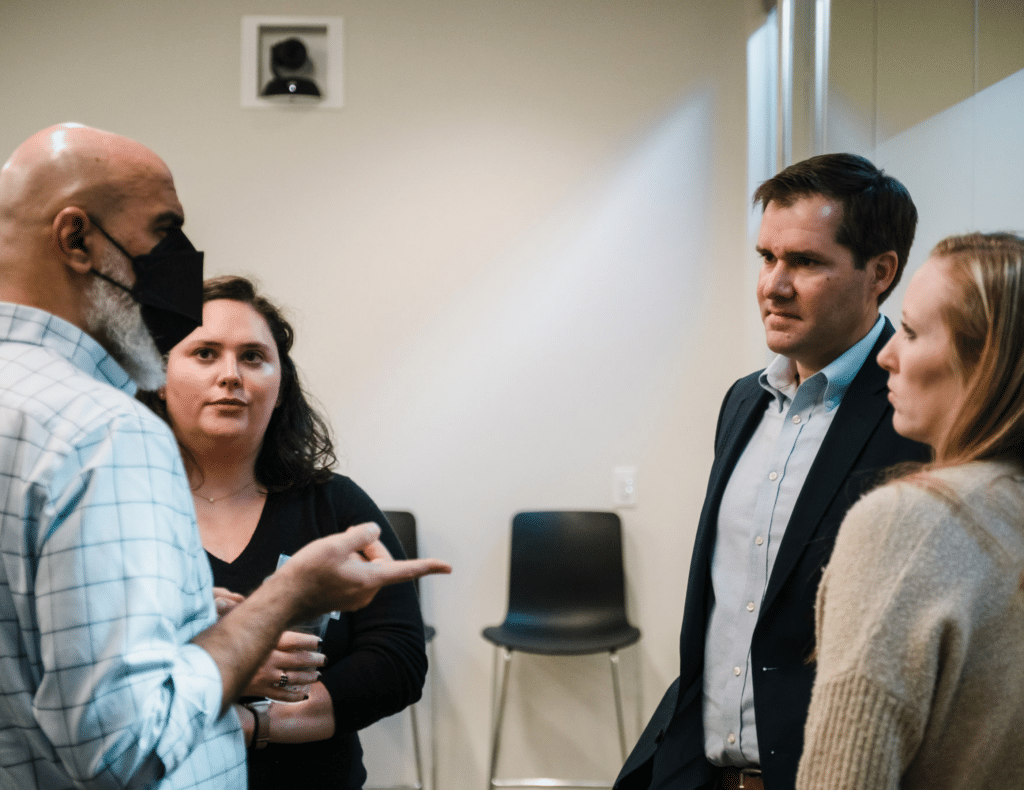
What personality traits contribute to negotiation success for lawyers, including eDiscovery attorneys? In his article for the Harvard Business Review entitled “The Personality Traits of Good Negotiators,” Tomas Chamorro-Premuzic reports that “personality research provides valuable lessons in predicting an individual’s ability to negotiate effectively.”
Negotiation isn’t just for deal lawyers. In fact, nearly every lawyer in the United States is immersed in negotiations of one type or another every single day. Counsel for plaintiffs engage in negotiations with their clients about the best way to tell the story of a complaint; counsel for defendants typically start negotiating just as soon as they receive a complaint, as they interface with opposing counsel about when an answer or other response will actually be due. And eDiscovery counsel performs a myriad of negotiations each day, as compromises are made, and deals are struck at nearly every stage of the eDiscovery lifecycle.
Not surprisingly, it turns out that certain personality traits can be more helpful than others when it comes to successful negotiation. And it might not be those traits that immediately come to mind.
In his article for the Harvard Business Review entitled “The Personality Traits of Good Negotiators,” Tomas Chamorro-Premuzic reports that “personality research provides valuable lessons in predicting an individual’s ability to negotiate effectively.” Traits that improve negotiation abilities include:
1. Emotional Intelligence (often referred to as “EQ” or the ability to identify and manage your own and others’ emotions). People with “higher EQ are more likely to induce positive mood states in their negotiation counterparts and leave them more satisfied with the outcome of [a given] negotiation.” In addition – and perhaps more importantly – EQ is linked “to higher levels of self-control and likability,” combined with the fact that people with higher EQ “tend to be more self-aware,” thereby being able to understand how other people see and perceive them, all of which are critical factors for successful negotiation.
2. Cognitive ability (or “IQ”). While it is not surprising that a higher IQ tends to correlate with better negotiation performance, what is surprising is this: “People with higher IQs tend to approach negotiations in a more cooperative or collaborative way, treating their negotiation counterpart as a partner and embracing win-win strategies that tend to leave both sides satisfied.”
3. Self-monitoring (or “the tendency to examine one’s behaviors and the impressions we make on others”). People who are “[s]elf-centered, narcissistic individuals” who “disregard other people’s views of them” will tend to “miss out on important social clues, negative feedback, and the ability to connect with others” – all of which tend to handicap negotiation success.
Our friends at The Sedona Conference® have, for some time, recognized the central role good negotiation skills play in a cooperative approach to eDiscovery. Each February, the Sedona Conference® Institute’s eDiscovery Negotiation Training Program (or “eDNT”) brings a two-day learning-by-doing style workshop to a selected city nationwide. Under the active guidance of leading judges, practitioners, and academics, participants are split evenly into mock plaintiff and defense counsel teams. Each team is provided with a confidential and realistic case file containing a rich array of eDiscovery issues and problems to be identified, negotiated, and solved as the teams interact with one another.
The eDNT is one of the highest-rated programs presented by The Sedona Conference®, whose mandate is to “move the law forward in a reasoned and just way.”
Contact Us to learn more about Level Legal and our continuing support of The Sedona Conference® and the eDiscovery Negotiation Training Program.

